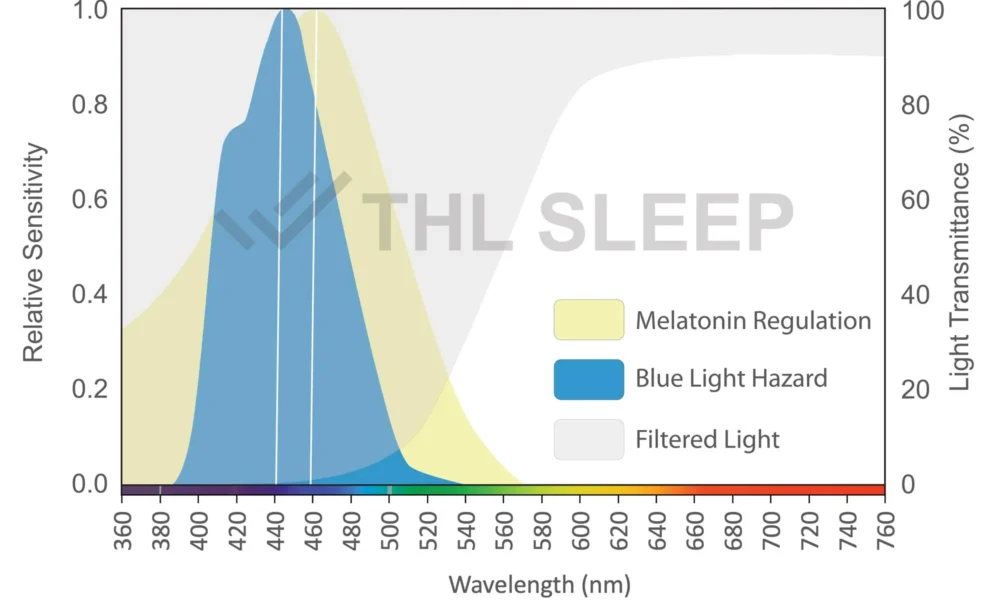- Home
- About
- Portfolio
- Crush the Match – Medical School and Residency Platform
- Food¢ense – Curbing Childhood Obesity and Food Waste
- HealthStack – Shared and Jailed HIPAA Hosting $50
- Marta Care – Let Us Help When You Can’t
- MD Idea Lab – We Build Prototypes for Doctors
- Nervcell – The Healthcare Web Browser
- Patient Keto – Personalized Keto Medicine and Telehealth
- SwipeChart – Rapid EMR Interface
- Treatment Scores – Quantifying the Science of Medicine
- Treatments – Diagnosed. Now What?
- VIDRIO – Google Glass and EMR Interface
- Blog
- Contact
- Home
- Warp Core Health
- Blog
- Metabolic Syndrome
- The Importance of Sleep Health: Optimizing Your Rest for Overall Well-being
The Importance of Sleep Health: Optimizing Your Rest for Overall Well-being
- June 14, 2023
- Sharon Lojun, M.D., M.S.
- Metabolic Syndrome, Public Health, Sleep Health
- No Comments
Getting quality sleep is essential for our overall health and well-being. It not only affects our physical health but also has a significant impact on our mental and emotional well-being. In this article, we’ll explore the importance of sleep health and discuss various factors that can influence the quality of our sleep.
Adaptive and Maladaptive Cortisol: The Impact of Stress Hormones Cortisol, commonly known as the stress hormone, plays a crucial role in our sleep-wake cycle. In healthy individuals, cortisol levels naturally rise in the morning to help us wake up and stay alert throughout the day. However, problems arise when cortisol levels become dysregulated, leading to maladaptive responses that can disrupt our sleep patterns. Excessive exposure to stress, screen time, and constant alerts can exacerbate cortisol levels, making it challenging to unwind and fall asleep at night.
Blue Light and Silence: Creating a Sleep-Conducive Environment In today’s digital age, we are constantly exposed to screens emitting blue light, which can interfere with our natural sleep rhythms. To counteract this, it’s beneficial to establish a blue light curfew by avoiding screens for at least an hour before bed. Additionally, creating a quiet and peaceful environment can help signal to your body that it’s time to rest. Consider incorporating relaxation techniques such as meditation or gentle stretching before bedtime to promote a calm state of mind.
Sleep Problems and Night Shifts: Finding Balance Night shift work can disrupt our body’s natural circadian rhythm, making it difficult to achieve restful sleep during the day. If you find yourself working night shifts, it’s crucial to prioritize your sleep by creating a dark and quiet sleeping environment. Invest in blackout curtains or a sleep mask to block out sunlight, and use earplugs or white noise machines to minimize distractions. Establishing a consistent sleep schedule, even on your days off, can also help regulate your body’s internal clock.
Mental Health and Sleep: A Bidirectional Relationship The relationship between mental health and sleep is bidirectional – poor sleep can contribute to mental health issues, and mental health issues can disrupt sleep patterns. If you’re experiencing difficulties sleeping due to stress, anxiety, or depression, it’s essential to address these underlying concerns. Seek support from healthcare professionals who can help you develop coping strategies, such as cognitive-behavioral therapy for insomnia (CBT-I), which can improve both sleep and mental well-being.
Exercise Patterns: Promoting Restful Sleep Regular exercise can significantly impact the quality of our sleep. Engaging in physical activity, especially earlier in the day, can help regulate our body’s internal clock and promote restful sleep at night. However, intense exercise close to bedtime may have stimulating effects, making it harder to fall asleep. Find a balance that works for you and consider incorporating activities such as yoga, stretching, or low-impact exercises in the evening to unwind and prepare your body for a good night’s sleep.
In conclusion, prioritizing sleep health is crucial for our overall well-being. By understanding the impact of cortisol, implementing strategies to reduce screen time and exposure to blue light, and creating a sleep-conducive environment, we can improve our sleep quality. Additionally, recognizing the challenges of night shifts, addressing mental health concerns, and incorporating exercise patterns that support restful sleep can all contribute to a healthy sleep routine.
Remember, sleep is a vital component of a healthy lifestyle, and if you consistently struggle with sleep problems, it’s important to consult with a healthcare professional who can provide personalized guidance and support.
Author: Sharon Lojun, M.D., M.S.
Physician Informaticist
Founder of Patient Keto
Founder of Warp Core Health
Recent Posts
- Jax Code Academy Leads the Revolution: Integrating Generative AI and Prompt Engineering in Coding Bootcamps
- How Coding Bootcamps Help Computer Science Majors Find Jobs Amid Graduation Struggles
- Why Coding Bootcamps Excel Over Traditional College Education
- Unleashing Potential: How Coding Bootcamps Can Transform Your Life
- Sameglutides vs. Physician-Guided Diet for Metabolic Syndrome: A Comprehensive Comparison
Categories
- ApoB
- Artificial Intelligence
- Autophagy
- Biochemistry
- Biomedical Informatics
- Biostatistics
- Blood Glucose
- CAC
- Carbs
- CCD
- CDA
- Clinical Informatics
- Coding Bootcamp
- Coronary Artery Disease
- COVID-19
- Cybersecurity
- Data Science
- Diabetes
- Diet
- EHS
- EMR
- Epidemiology
- Evidence Based Medicine
- Fats
- FHIR
- Fiber
- Generative AI
- Global Health
- Health Administration
- Health Informatics
- Health IT
- HIPAA
- HL7
- Hyperglycemia
- Hypoglycemia
- ICD 10
- Intermittent Fasting
- Ketogenic Diet
- Machine Learning
- Macronutrients
- MCT Oil
- Metabolic Health
- Metabolic Syndrome
- Minerals
- Mitochondria
- MySQL
- Neurology
- Nutritional Ketosis
- Nutritional Neurology
- Nutritional Psychiatry
- PHP
- PHR
- Programming
- Prompt Engineering
- Proteins
- Prototypes
- Public Health
- Python
- Recipes
- Sleep Health
- Stroke
- Uric Acid
- Vegan and Vegetarians
- Vitamin D
- Vitamin K2
- Vitamins

